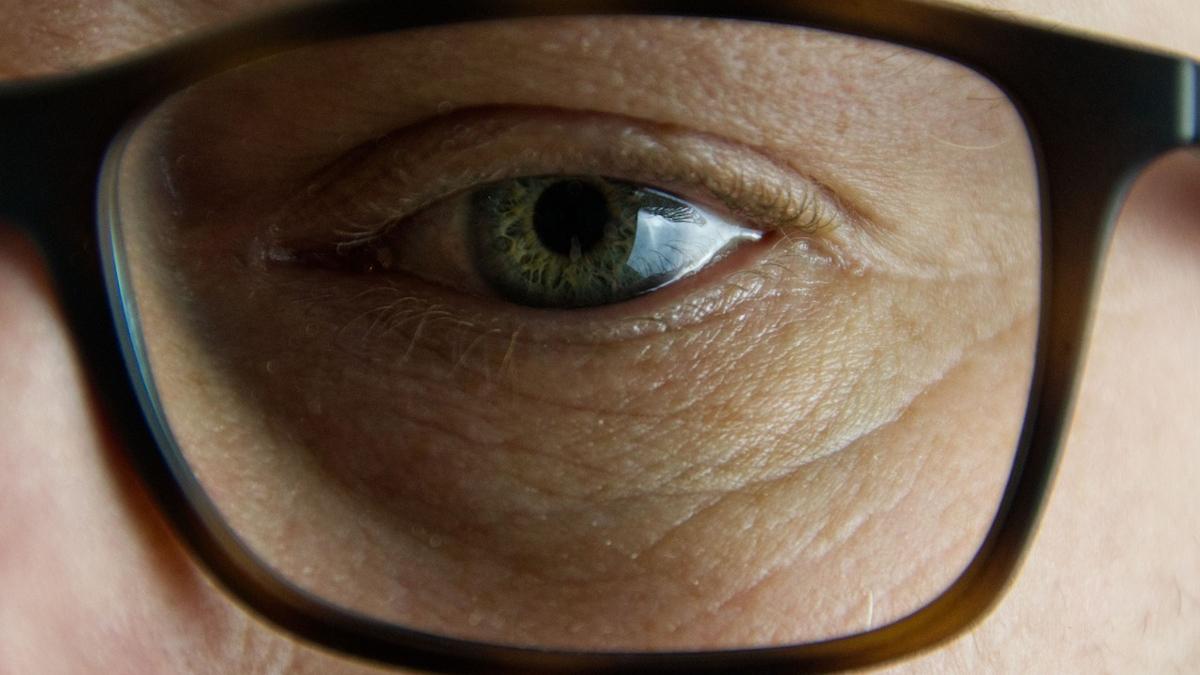Novartis completes spin-out of Alcon eye unit

Novartis’ long-awaited separation from its eye care division Alcon completed on schedule today, allowing it to focus its energies on medicinal products.
Alcon’s shares made their debut on the SIX Swiss Exchange this morning and rose quickly, with early trading valuing the now-independent specialist in contact lenses and other eye care devices at around $28 billion, well ahead of analyst expectations.
To complete the spin-out, each Novartis shareholder received one share for every five Novartis shares or American depositary receipts that they held at the close of business yesterday.
Novartis said that after the separation it would now be able to focus its capital allocation and attention fully on medicines, with a financial profile closer to its pharma industry peers, and would see higher group margins.
Novartis’ new CEO Vas Narasimhan pressed the button on divesting Alcon last June, shortly after taking the helm from predecessor Joe Jimenez, although a spin-out had been out on the table the previous year along with other options.
Alcon under-performed for several years before a shake-up introduced under Jimenez and extended by Narasimhan set it back on a growth track, and made its future as an independent entity more secure.
The divestment strategy was not however universally accepted as the best way forward for Novartis. After the Alcon separation was announced, Moody’s downgraded Novartis’ rating, with the agency suggesting the move increases the company’s reliance on riskier, innovative medicines development.
Narasimhan insisted this morning that “Alcon has demonstrated consistent growth, and is coming to market from a position of strength,” while Novartis will now move forward as “a leading medicines company powered by breakthrough medicines, data science and advanced therapy platforms.”
He added that Novartis has 10 potential blockbuster launches expected in the next two years and an additional 20 potential blockbusters on the horizon.
Four of those are due to launch this year, including brolucizumab (RTH258), a follow-up to the company’s blockbuster age-related macular degeneration (AMD) therapy Lucentis (ranibizumab) which is facing stiffer competition in the market and will start to lose patent protection next year.
The drug is part of the ophthalmology drug business that had been part of Alcon but was folded into Novartis’ innovative medicines business ahead of the spin-out.
Novartis says it will provide more details on its post-Alcon plans at an investor meeting next month in Cambridge, Massachusetts. There is already speculation that another divestment could follow – its biosimilars and generics arm Sandoz – to sharpen its focus on innovative medicines even further.
Novartis is already de-linking Sandoz from its main business as part of a multi-year transformation that clears the way for a decision on its future.













